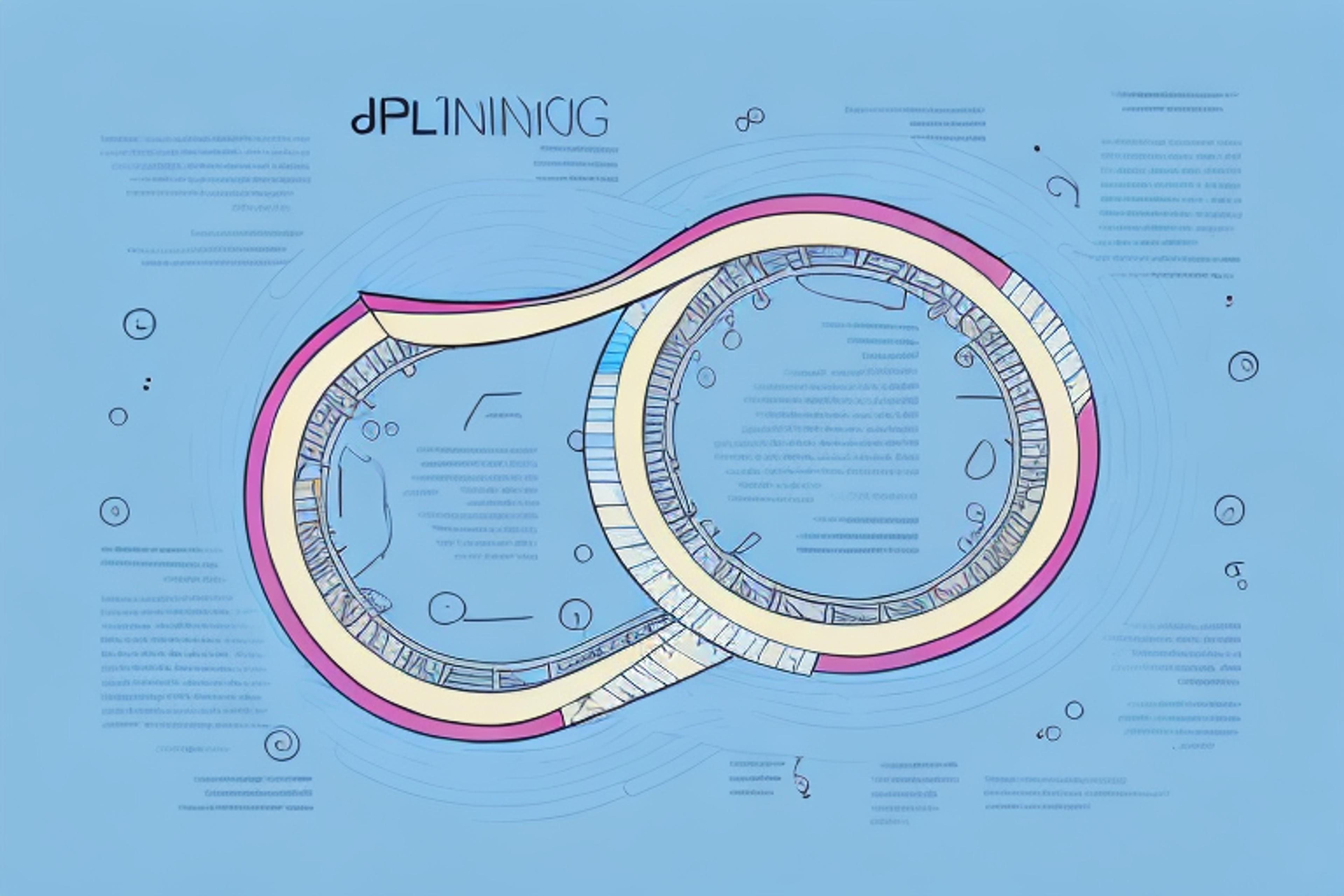How to Prepare for KPMG Management Consulting Behavioral Interviews?
Are you preparing for a KPMG management consulting behavioral interview? Look no further! Our article provides expert tips and strategies to help you ace the interview and land your dream job.
Posted April 10, 2025

Table of Contents
Free Event

Featuring Mattijs B.
Crack the MBB Consulting Case
Starting Wednesday, April 16
4:30 PM UTC · 30 minutes

Featuring Mattijs B.
KPMG is one of the most prestigious management consulting firms in the world. To land a job at KPMG, you'll need to be a highly skilled and motivated individual who can thrive in a fast-paced and challenging environment. One of the critical stages of the KPMG hiring process is the behavioral interview. This type of interview focuses on assessing a candidate's problem-solving and critical thinking skills, as well as their ability to work in a team environment. If you want to succeed in the KPMG management consulting behavioral interviews, you'll need to be well-prepared. In this article, we'll take a closer look at how to prepare for KPMG management consulting behavioral interviews.
Understanding the structure of KPMG management consulting behavioral interviews
Before you start preparing for KPMG management consulting behavioral interviews, it is essential to understand the structure of the interview. The interview will typically consist of a set of questions designed to assess your behavioral skills and how you work in a team environment. You can expect to be asked about your past experiences, achievements, and how you have handled specific situations in the past. It is vital to prepare for these types of questions since they comprise the bulk of the interview.
Additionally, it is important to note that KPMG management consulting behavioral interviews may also include case study questions. These questions will require you to analyze a hypothetical business scenario and provide recommendations on how to solve the problem. It is crucial to practice case study questions beforehand to ensure that you can effectively communicate your thought process and solutions.
Furthermore, KPMG management consulting behavioral interviews may also involve a group exercise. This exercise will require you to work with other candidates to solve a problem or complete a task. It is essential to demonstrate your ability to work collaboratively and communicate effectively with others during this exercise. Make sure to actively listen to others' ideas and contribute your own thoughts in a constructive manner.
The importance of research and preparation before the interview
Research and preparation are crucial when it comes to KPMG management consulting behavioral interviews. Start by researching the company culture, the job position, and the interviewer. This will help you understand the company's mission, values, and goals, so you can align your answers with the company culture.
It is also essential to familiarize yourself with the job position and read the job description thoroughly. This will help you identify the critical skills required for the job and align your answers with the job description.
Finally, prepare a set of questions to ask the interviewer at the end of the interview. This will demonstrate your interest in the job position, as well as your research and preparation for the interview.
Another important aspect of research and preparation is to understand the industry trends and challenges. This will help you showcase your knowledge and expertise in the field, and how you can contribute to the company's growth and success.
Additionally, it is crucial to practice your responses to common behavioral interview questions. This will help you feel more confident and prepared during the actual interview, and ensure that your answers are concise, relevant, and impactful.
Tips for crafting compelling responses to behavioral questions
Behavioral questions can be challenging to answer since they require more than a straightforward yes or no answer. KPMG management consulting behavioral interviews typically involve asking candidates to describe a situation where they demonstrated a specific skill, followed by how they handled the situation and what the outcome was.
To craft compelling responses to these types of questions, start by identifying the skills required for the job position and prepare a list of stories where you have demonstrated these skills. These stories should be concise, relevant, and highlight your skills and achievements.
Remember to use the STAR method (Situation, Task, Action, Result) when answering behavioral questions. This will help you structure your responses and provide a clear and concise answer to the interviewer.
Another important tip is to be specific in your responses. Avoid giving vague or general answers and instead provide specific details about the situation, your actions, and the outcome. This will help the interviewer understand your thought process and problem-solving skills.
Additionally, it's important to practice your responses before the interview. This will help you feel more confident and prepared, and ensure that you are able to effectively communicate your skills and experiences to the interviewer.
Common behavioral questions asked in KPMG management consulting interviews
KPMG management consulting interviews can include many different types of behavioral questions. Here are some examples:
- Describe a situation where you had to handle conflict within a team.
- Describe a situation where you had to persuade others to accept alternative solutions.
- Describe a time when you had to adapt to change.
- Describe a difficult project that you have managed.
These types of questions are designed to help the interviewer assess your critical thinking, problem-solving, and team-working skills.
Another common behavioral question asked in KPMG management consulting interviews is to describe a time when you had to work with a difficult team member. This question is designed to assess your ability to handle difficult situations and personalities in a professional manner.
Additionally, KPMG management consulting interviews may include questions about your experience with project management software and tools. The interviewer may ask you to describe your experience with specific software programs or to explain how you have used project management tools to successfully complete a project.
Practice makes perfect: how to prepare for mock interviews
One of the best ways to prepare for KPMG management consulting behavioral interviews is to practice mock interviews. Mock interviews can help reduce interview nerves and give you an opportunity to develop your interview skills and identify areas for improvement.
You can practice mock interviews with a friend or family member, or seek guidance from a career counselor or professional mentor.
Another way to prepare for mock interviews is to research the company and the position you are interviewing for. This will help you understand the company's values, culture, and expectations, and allow you to tailor your responses to fit the company's needs.
It's also important to dress appropriately for the interview and arrive on time. This shows that you are professional and take the interview seriously. Additionally, make sure to bring copies of your resume and any other relevant documents, such as a portfolio or references.
The role of body language and nonverbal communication in behavioral interviews
Body language and nonverbal communication play a critical role in KPMG management consulting behavioral interviews. Maintaining eye contact, good posture, and positive body language are essential. It is also essential to listen actively to the interviewer's questions and respond thoughtfully and honestly.
Your body language can affect how the interviewer perceives you, so make sure you stand confidently, sit up straight, and maintain eye contact throughout the interview.
In addition to body language, it is important to pay attention to your tone of voice and facial expressions during the interview. Your tone of voice can convey confidence, enthusiasm, and sincerity, while facial expressions can show your level of interest and engagement in the conversation. It is also important to avoid fidgeting or any distracting behaviors that may take away from your message.
Strategies for showcasing your skills and experience during the interview
During the interview, it is crucial to showcase your skills and experience to the interviewer. Start by highlighting your significant achievements and relevant work experience. Be sure to provide specific examples of how you have used your skills to add value to your previous roles or past experiences.
Ensure that your answers are relevant to the question and flow smoothly from one point to the next. Use concrete examples and avoid vague or generic answers. This will help you stand out from other candidates.
Another important strategy for showcasing your skills and experience during the interview is to research the company and the position beforehand. This will allow you to tailor your answers to the specific needs and values of the company. Additionally, be prepared to ask thoughtful questions about the company and the position, demonstrating your interest and engagement in the opportunity.
Dealing with difficult or unexpected questions during the interview
When unexpected or challenging questions arise during the KPMG management consulting behavioral interviews, it is essential to remain calm and composed. Take a moment to think about your answer before responding. Remember, it is okay to ask the interviewer to repeat the question if you need it.
It is also essential to be honest and authentic in your responses. If there is a question you don't know the answer to, it is okay to say so. The interviewer will appreciate your honesty and willingness to learn.
Another important tip is to stay focused on the question being asked. It can be easy to get sidetracked or go off on a tangent, but it is important to stay on topic and answer the question directly. This shows that you are able to think critically and communicate effectively.
Lastly, try to provide specific examples or anecdotes to support your answers. This not only demonstrates your experience and skills but also makes your responses more memorable to the interviewer. Just be sure to keep the examples relevant to the question being asked.
How to follow up after the interview and maintain communication with your interviewer
After the interview, it is crucial to follow up with the interviewer and thank them for their time. This will demonstrate your interest in the job position and your professionalism.
You can follow up with a personalized email, thanking the interviewer for their time and expressing your interest in the job. Use this opportunity to reiterate your skills and achievements and how they make you an excellent candidate for the job.
Finally, don't be afraid to reach out to the interviewer for feedback or updates. Maintaining good communication with your interviewer demonstrates your interest in the job and your enthusiasm for the company.
It is also important to note that following up after the interview does not mean bombarding the interviewer with constant emails or phone calls. Give them some time to make their decision and respect their schedule. If you haven't heard back after a week or two, it is appropriate to send a polite follow-up email asking for an update on the hiring process.
Conclusion
To prepare for KPMG management consulting behavioral interviews, it is essential to understand the structure of the interview, research and prepare before the interview, practice crafting compelling responses to behavioral questions, identify common behavioral questions, practice mock interviews, be mindful of body language and nonverbal communication, showcase your skills and experience, and be prepared to deal with difficult or unexpected questions during the interview. Following up after the interview can also help maintain communication with the interviewer and demonstrate your interest in the job position.


















